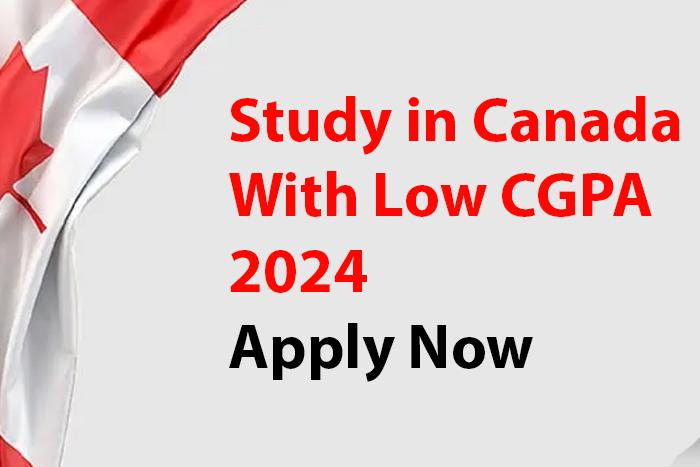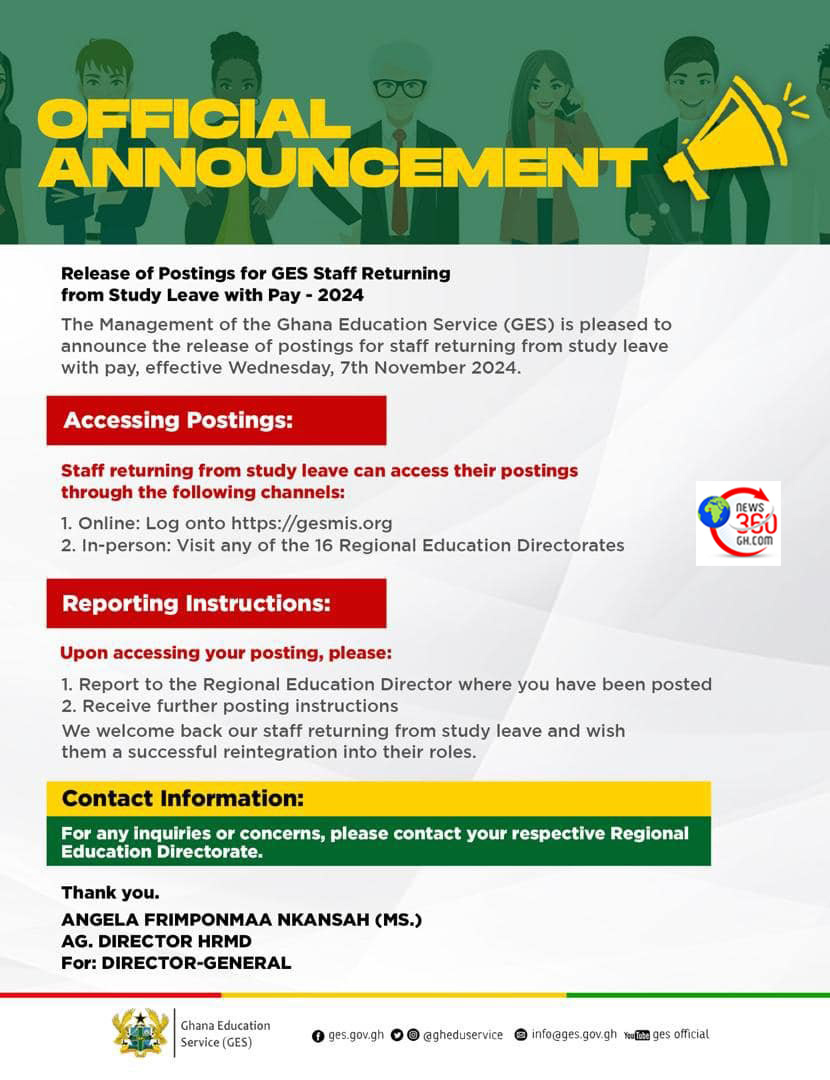
Studying abroad is a dream for many students worldwide, but for those with a low Cumulative Grade Point Average (CGPA), it might seem like an unattainable goal. However, for aspiring students eyeing Canada as their study destination, there’s good news: you can still pursue your education in Canada even with a low CGPA. This article will guide you through the process and opportunities available for international students with less than stellar academic records.
Accessibility for Students with Low CGPA
The notion that a low CGPA could be a barrier to studying in Canada is a common misconception. In reality, there are numerous institutions across Canada that welcome students with varying academic backgrounds. Whether you have a CGPA below 2.5 or fall into the lower brackets of academic performance, there are pathways available for you to achieve your dream education in Canada.
Overview of Canadian Education System
Canadian universities and colleges are renowned globally for their high-quality education and diverse academic offerings. Each year, these institutions attract a significant number of international students, providing them with opportunities for personal and professional growth. Despite the emphasis on academic excellence, Canadian institutions understand that academic performance is not the sole indicator of a student’s potential.
CGPA Thresholds
In Canada, CGPA thresholds vary across institutions and programs. Generally, a CGPA lower than a second-class upper honor may be considered low for postgraduate or undergraduate studies. This translates to approximately 2.7 to 3.0 on a 4.0 scale and 2.5 to 3.49 on a 5.0 scale. While a low CGPA may impact the admissions process, many Canadian institutions have flexible policies that take into account various factors beyond academic performance.
Benefits of Studying in Canada
Studying in Canada offers numerous benefits for international students, irrespective of their CGPA. Canadian universities provide a range of scholarships and funding opportunities, making education accessible to students from diverse backgrounds. Additionally, Canada’s vibrant multicultural society, combined with its high standard of living and robust economy, creates an environment conducive to personal and professional growth.
Eligibility Criteria
To enhance your chances of acceptance into Canadian universities despite a low CGPA, consider the following strategies:
- Demonstrate a strong work ethic and commitment to academic improvement.
- Obtain a Percentage Equivalence Certificate to showcase your progress.
- Highlight recent academic achievements and extracurricular involvement.
- Seek recommendation letters from professors or lecturers.
- Aim for good scores in language proficiency tests like IELTS.
- Showcase your personal skills and strengths beyond academics.
List of Canadian Universities Accepting Low CGPA
Here is a list of 27 Canadian universities and colleges that accept students with low CGPA:
- University of Regina – Website
- Camosun College – Website
- Centennial College – Website
- University of the Fraser Valley – Website
- Saint Thomas University – Website
- Vancouver Island University – Website
- Northern Alberta Institute of Technology – Website
- George Brown College – Website
- Douglas College – Website
- Southern Alberta Institute of Technology – Website
- Algoma University – Website
- Langara College – Website
- Mohawk College – Website
- Université Saint Paul – Website
- OCAD University – Website
- Kwantlen University College – Website
- Bow Valley College – Website
- Fanshawe College – Website
- Vancouver Community College – Website
- Algonquin College – Website
- Capilano University – Website
- Georgian College – Website
- Humber College – Website
Application Process
Application deadlines for these institutions may vary, so it’s essential to stay updated with their official websites. Begin by researching the programs you’re interested in and the requirements for international applicants. Most institutions allow online applications and may require additional documents such as transcripts, essays, and proof of language proficiency.
Conclusion
Studying in Canada with a low CGPA is indeed possible, thanks to the flexibility and inclusivity of Canadian institutions. By focusing on academic improvement, showcasing your strengths, and exploring the opportunities available, you can embark on an enriching educational journey in one of the world’s most desirable study destinations.






